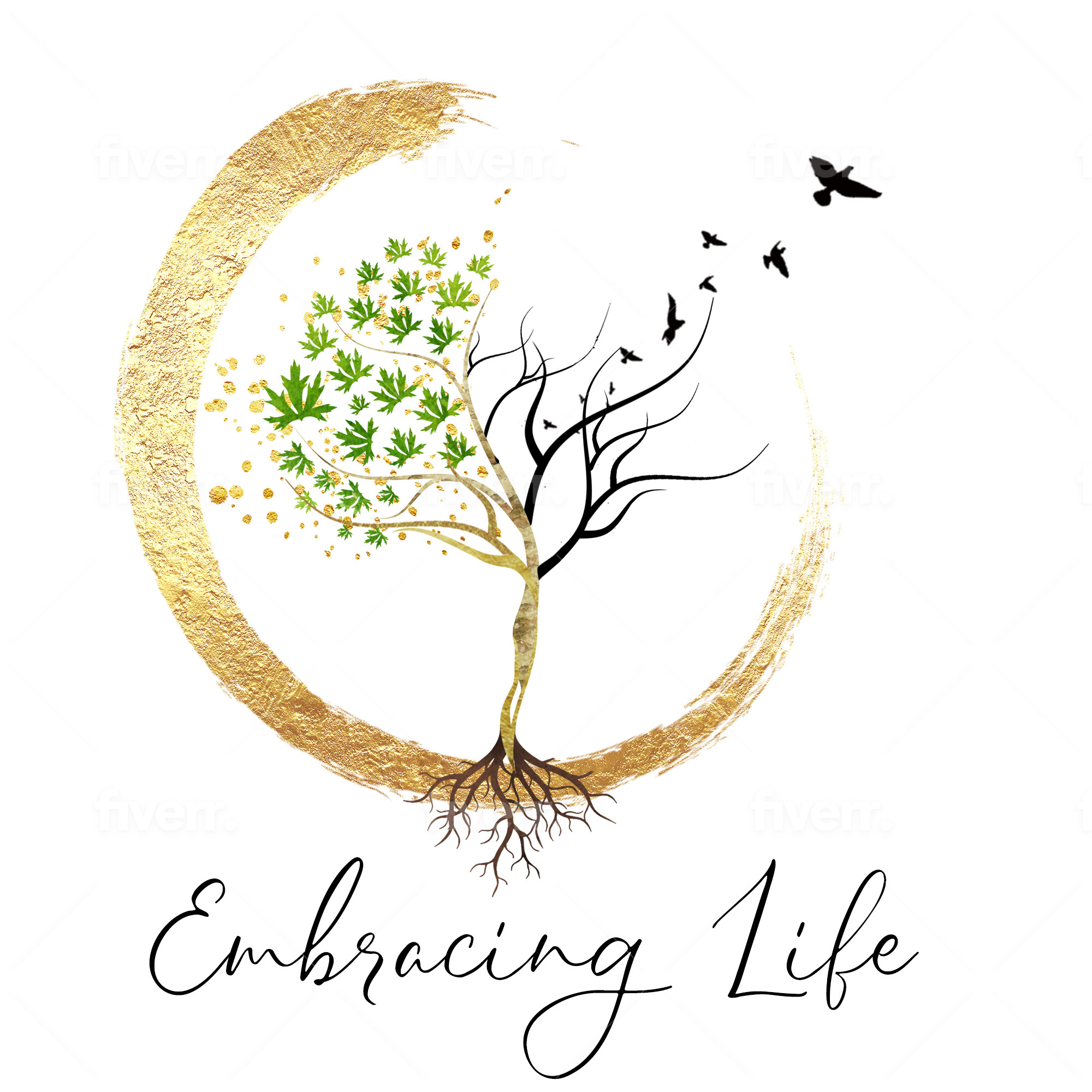“The teaching is like a raft that carries you to the other shore.
The raft is needed, but the raft is not the other shore…
You must be able to let it go.”
– Thich Nhat Hanh

These are the five pillars of my life and work. Beautiful rafts to cross over to the other shore. The medicine I was offered. The foundation I stand upon.
In my sessions and my workshops I allow these teachings to flow together and draw upon their wisdom in ways that come to me intuitively. Below you find a little paragraph to each of them.
Nonviolent Communication (NVC) is a transformational process that aims to look beyond the words and actions people take and speak in order to connect us to the underlying, most human experiences that unify us all. At the heart of NVC lies the assumption that everything we say or do is an attempt to meet needs. Needs are universal, all humans have the same needs, and they are always life-serving. Our actions might not. They can indeed be harmful and tragic – ourselves and others.
The process of NVC helps us self-connect and connect with others on the level of our humanness, which can help mutual understanding, collaboration and our natural joy to contribute to each other’s well-being come forth.
The deepest aim of NVC is to contribute to a world in which everyone and all of life matters, is regarded with respect and taken care of.
NVC to me is applied and embodied consciousness of human kindness – our highest potential and true nature.
The work of Living Compassion (LC) has an all welcoming stance at the core of it. It is a radical compassion that embraces all experiences. It starts inside ourselves and expands into our relationships, the interpersonal world.
The tools Robert Gonzales has put together stem from NVC and his own embodied spirituality. Needs are seen as a doorway to spirit, to our true nature.
Living compassion draws forth the spiritual core of NVC. And NVC makes Living Compassion tangible. The two are like inseparable twins to me. With a strong foundation in NVC, Living Compassion invites an embodiment of living in and through the energy of needs. Allowing our core, the essential qualities that constitute our being, to unfold into life, into our relationships and into our world. Living Compassion invites deep transformational inner work, so we can transform what obscures our true nature from shining through and live and embody qualities of love, compassion, clarity, freedom and creativity, and many more.
Internal Family Systems (IFS) offers a beautiful roadmap to the complexity of our inner world. We all have different voices or parts inside ourselves, our cells carry living information, memory, trauma, burdens – individually, as well as collectively. In many ways these experiences we carry influence how we react to life in the now. Often unconsciously. We might discover wounded parts that are stuck in painful situations of the past, protective parts that try to keep us safe and manage our behaviors or polarized parts that are in conflict with each other. IFS offers us a powerful way to bring compassionate understanding to ourselves, help release burdens and restore our well-being. The deep empathy with a focus on human needs and the sensitive use of words that NVC/LC offer can deepen the transformative healing experience that IFS can provide tremendously.
Who are you really? Yoga Vedanta invites us to step out of the framework of the small mind and to open into the infinite mystery that lies within ourselves. Tell me who you are when all concepts fall away and only pure existence remains.
Through Yoga we can look into deep rooted habits of how we live life and relate to ourselves and others, how we push and pull, how we hold on or let go. It can act like a mirror and reveal to us, where we get caught. It can help us open and move energy and emotions through places where we feel stuck.
Besides the deep inquiry into our true self and the revelation of habit patterns, Hatha Yoga can be a way to befriend the body, care for its health, elasticity and strength and balance it’s hormones. A way to care and nourish the vessel that was given to us in order to move through this life.
Ahimsa, as the highest ethical yogic principles invites us to live a life of nonviolence . A life where we embody a reverence for all life, protect and care for all life and aim at doing no harm with our thoughts, speech and actions – to no one, including ourselves.
Mindfulness is like the container that holds it all. Without mindful awareness we couldn’t reflect and bring conscious choice into our lives. Mindfulness is the gift we are given as human beings. Our ability to become aware of our existence. The gift of knowing.
Mindfulness is awareness of the present moment, as it is. Often described as non-judgmental awareness. True mindfulness liberates the mind and frees us from a sense of separation, as we move in closely to the experience of the moment, unobscured by our thinking mind. We actually experience life as it is. Unfiltered, unmediated. When asked what the aim of the practice is the Buddha supposedly answered: “In the hearing, only the hearing. In the seeing, only the seeing…”
“By practicing mindfulness, we become more aware of ourselves and the world around us. We become more awake, more present. It helps us to enjoy life more and be more in touch with what truly matters to us.” – Leni Cellini
